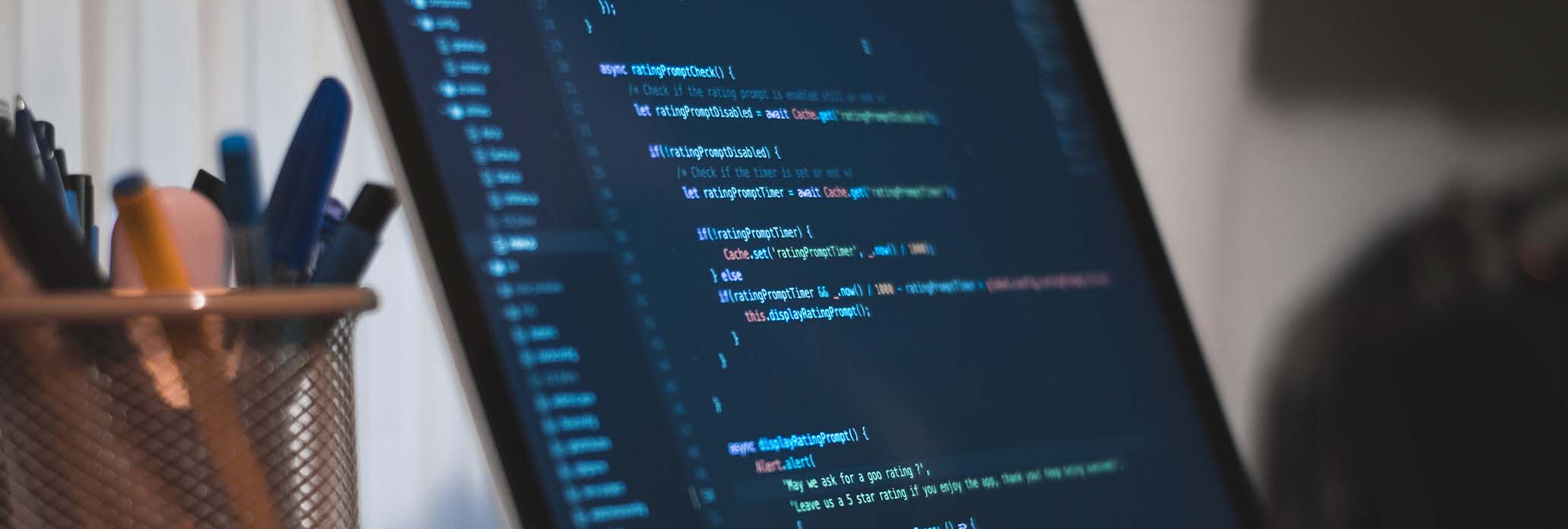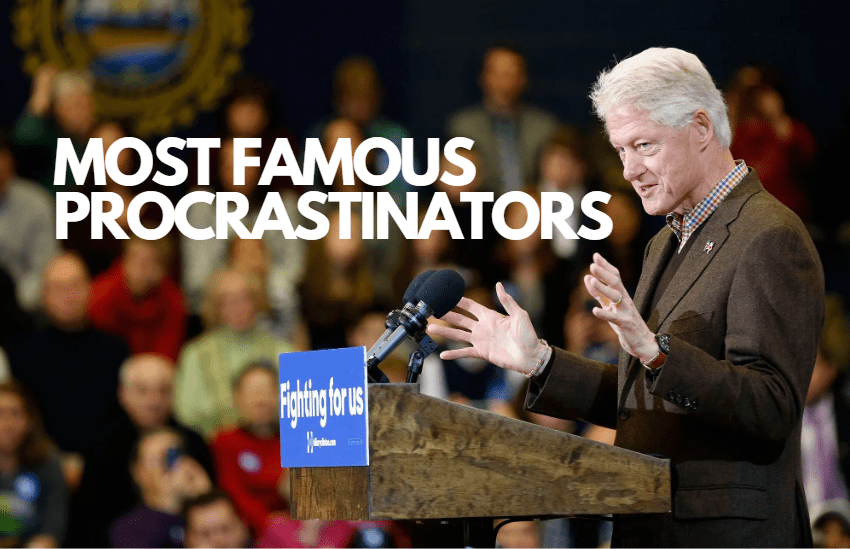You’re Not Lazy: The Science of Why We Procrastinate
It’s the 1st of January once again. You roll out of bed, both energized and trepidatious for what the new year will bring.
Hanging on the wall beside your freshly-tidied work desk is a new calendar, with twelve months’ worth of possibilities and opportunities waiting to be filled in. And right next to that is your list of New Year’s resolutions.
You’re determined to make this year different. You won’t procrastinate like you did last year; you’ll start working on your goals immediately. But by lunchtime, you find yourself browsing the internet instead of writing that book or starting that business. And so it goes for the rest of the year.
Why is it so hard to stick to our good intentions? Why do we always find ourselves putting off what we know we should be doing? Despite what you’ve heard, you aren’t a lazy sod; you’re a victim of procrastination science. Let’s unpack that a little.
Procrastination: What are we dealing with here?
In the Summer of 1751, writer and esteemed poet Samuel Johnson would write about something he deemed a “general weakness” we all struggle with as humans. He was referring to procrastination.
“The folly of allowing ourselves to delay what we know cannot be finally escaped is one of the general weaknesses which…prevail to a greater or lesser degree in every mind; even they who most steadily withstand it find it, if not the most violent, the most pertinacious of their passions, always renewing its attacks, and, though often vanquished, never destroyed.”
– S. Johnson, Rambler #134
A modern-day translation might read:
Procrastination is the act of putting off something you really must do. Everyone faces this problem from time to time, even if they’re the most disciplined people in the world. It never really goes away.
Thankfully, that last statement isn’t true – you can overcome procrastination, and it can go away almost entirely.
So, what are the basic hallmarks of procrastination?
As a procrastinator, you’d probably recognize a few of these symptoms:
- Stress, overwhelm, anxiety, and depression
- Frustration at letting opportunities pass you by
- Leaving very important tasks until there’s no time left to do them justice
- Low self-esteem, feeling as though you are inherently lazy or unmotivated
- Making internal excuses for why you “can’t” do something
- Discomfort with change, or believing you’re not good enough
Feeling attacked? That’s normal. It’s also a sign that you should keep reading because we’re about to get into why this happens and how to fix it.
Procrastination science: why do we do it?
The first step in overcoming procrastination is understanding where it comes from. And as it turns out, there’s actually some interesting science behind this very universal human tendency.
Aristotle’s akrasia
Aristotle was one of the very first philosophers to give procrastination a name. He called it akrasia; acting against your better judgment, even when the best course of action is obvious. (He actually referred to it as a “weakness of will” and “a sin of the mind”. But that’s not entirely helpful here).
Since then, we’ve come a markedly long way in our understanding of procrastination. And we now know that it’s not simply a matter of negligence or laziness.
Why we procrastinate (simply)
In our minds, there are two systems at war: the limbic system and the prefrontal cortex. You can think of the limbic system as your vivacious, impulsive friend; the one who spends all their money on their fleeting interest in stand-up paddle boards, or books an expensive snow trip on a particularly hot and bothersome day.
In other words: the limbic system chooses what feels best now. Delayed rewards are nothing compared to immediate pleasure.
On the other side of the battlefield is your prefrontal cortex. In terms of human evolution, it’s considerably younger than the limbic system – but it plays a critical role since, without it, we can’t make decisions, attribute meaning to things, or express our personality. We need our prefrontal cortex to make decisions that take the future into account.
And of course, who wins the majority of these battles? The prefrontal cortex is constantly fighting an uphill battle against the limbic system’s strong pull toward immediate gratification.
But that’s not all.
Even when we want to do something good for ourselves in the future, it can be difficult to get started. That’s because our brains are very good at convincing us of things that simply aren’t true; like this gem: “I work better under pressure”.
So, how can we make decisions using our prefrontal cortex when our limbic system is constantly trying to undermine us?
You’re not lazy, but…
…if you don’t learn how to curb your procrastination, it can have some pretty negative consequences. Chronic procrastination has been linked with anxiety, depression, low self-esteem, and even physical health problems.
We’ve theorized endlessly over the years about the best methods. Let’s take a look at some of the more popular ones.
The Zeigarnik Effect
Have you ever noticed that it’s easier to remember things that are left unfinished? That’s because of the Zeigarnik effect: our brains are better at recalling incomplete tasks. The theory is that this happens because once we start a task, our brain categorizes it as “unfinished” and keeps track of it until we complete it.
Starting is the hardest part – most people would agree with that. But once you start, your brain will do a lot of the work for you.
Here’s how you can use this to your advantage:
- Find a small part of the task you can do in a few minutes; if possible, make it something you find enjoyable. (For example, formatting the fonts and colors on your presentation slides rather than coming up with the content).
- Once you’ve started the task, add it to your list of in-progress tasks to solidify the Zeigarnik effect.
- From this point, your brain knows that the task is unfinished and will work in the background to remind you to complete it.
Let’s be realistic – you’re not going to cure every case of procrastination with the Zeigarnik effect. But it’s a great tool to have in your arsenal, particularly for those small and annoying tasks that you can never seem to get around to.
The Pomodoro Technique
Let’s coddle your limbic system for a moment. What’s more attractive in terms of gratification: 25 minutes of work, or 2.5 hours of work?
25 minutes will be over quicker, so it’s more attractive to your limbic system – and therefore, you’re more likely to actually do it.
This is the thinking behind the Pomodoro technique, a time management strategy for dealing with procrastination. The basic idea is to break down your work into small, manageable chunks (25 minutes each) and take regular breaks in between (5 minutes).
The theory is that by breaking down your work into smaller chunks, you make it feel less daunting and more achievable. And by taking regular breaks, you give yourself little rewards that keep you motivated.
The Pomodoro technique is one of the more popular ones out there, and it’s definitely worth a try.
Self-compassion
There’s nothing quite like the guilt and shame of being a chronic procrastinator. You berate yourself for being lazy, undisciplined, and unproductive. But all this self-criticism does is make you feel worse and increase your anxiety about the task at hand.
What if, instead of beating yourself up, you treated yourself with compassion?
Believe it or not, the simple act of forgiving and forgetting can be incredibly powerful. Suddenly, you’re not a lazy idiot; you’re human, like the rest of us. And humans are imperfect creatures who sometimes need a little grace.
Without self-compassion, research suggests that procrastination becomes a lot more difficult to beat. So next time you’re feeling guilty about putting off that report, try to cut yourself some slack.
Get to the bottom of it – start at the top
The Pomodoro Technique might help for a little while. You may even feel a major breakthrough with Zeigarnik’s theory. But if you find yourself back at square one, it might be time to ask: why do I procrastinate?
Maybe you’re perfectionistic and afraid of failure. Maybe you are terrified about accidentally wasting your time. Perhaps you’re studying something you don’t gel with or working a job that doesn’t inspire you in the least. The only real way to get to the bottom of it is through some good old-fashioned self-reflection.
Here at Virtue Map, we provide the tools to completely analyze your behaviors and thought patterns. Our mission is to bring clarity to your procrastination so you can finally overcome it – and not through redundant writing exercises, but with interactive tasks prepared by our team of top-ranking psychologists.
Come next New Year’s Day, don’t roll out of bed with the subconscious knowledge that your resolutions are futile. You can set goals confidently and without hesitation, because you know that this time – with Virtue Map – you will have the tools and information necessary to make real, lasting change.




